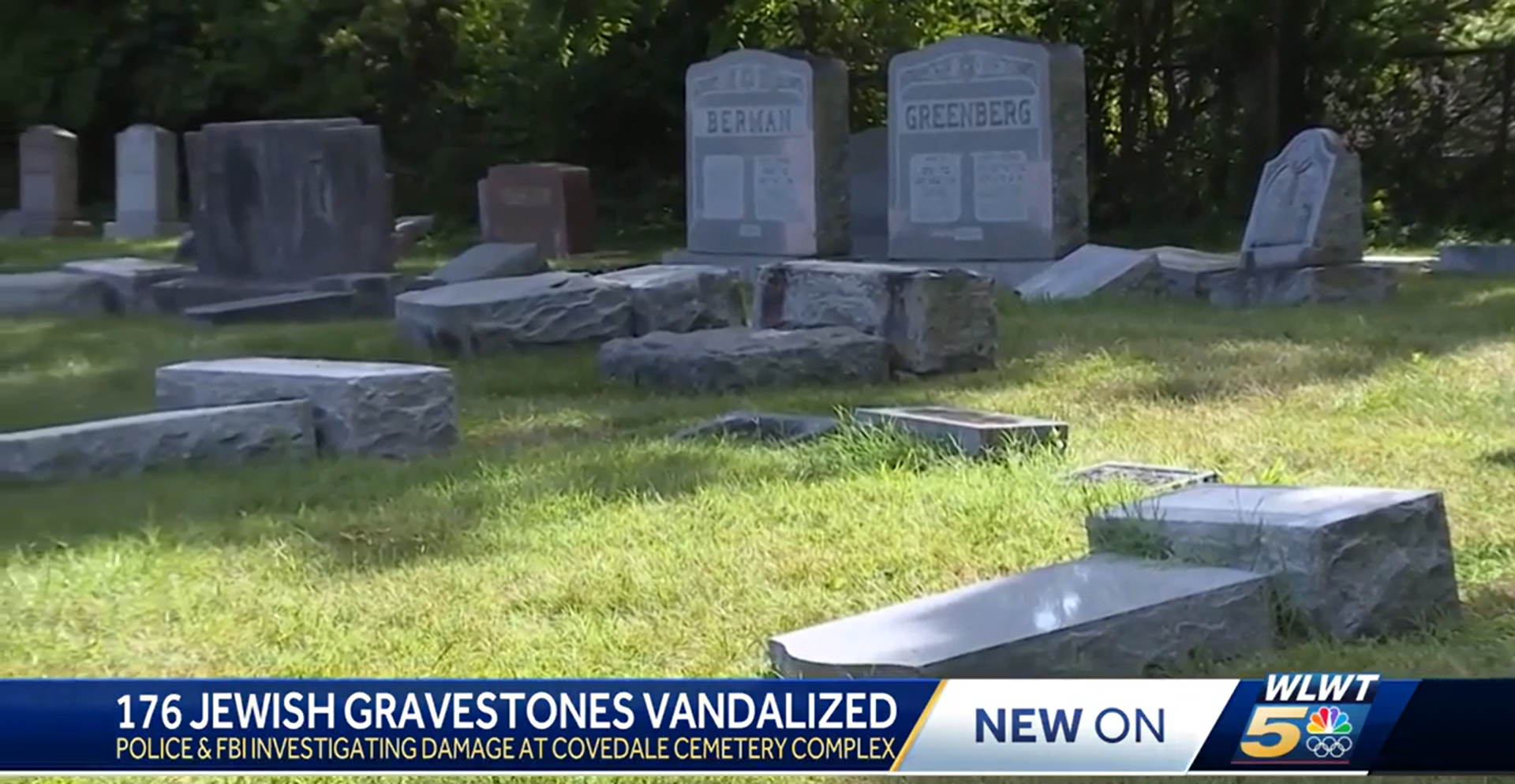Should Being Jewish Come With a Disclaimer?
In Seinfeld, when Jerry’s dentist (played by Bryan Cranston) converts to Judaism, he “does it just for the jokes.” Our ancient Sages didn’t imagine humor being an impure reason a person might convert to Judaism, but they did consider others, such as persecution, power, or lust. (Shulchan Aruch, YD 268:12)
The same code of law which captures this teaching also includes a warning to potential converts which has always stuck in my head:
When one comes to convert, you say to them: “Don’t you know that Jews in our time are oppressed, pushed around, and troubled, and suffering befalls upon them?” If they say “I know, and I still am not worthy of joining them,” you should accept them immediately. (Shulchan Aruch, YD 268:2)
In a world of predominately proselytizing religions, this is a bold antipode.
There were times not so long ago that I thought this text was little more than a rhetorical flourish—rabbinic fanfiction imagining the ideal conversion candidate who thought so highly of Jews that, despite our troubles, they felt it a humbling privilege to be Jewish. Certainly, I didn’t think it represented a good-faith warning to would-be Jews, a disclaimer that if you become Jewish, you will face harassment and risk your body/soul.
These days, I don’t doubt as much that the Sages were serious.
I have a few friends who currently are working through their conversion processes, and I wonder how they feel right now. Have they gotten warnings, or has anyone asked them: “Don’t you know that Jews in our time are oppressed and face all manners of suffering?” Has anyone told them: “You’re joining a people that represents 2% of Americans, but 60% of religion-based targets of hate crimes”? Have folks cautioned: “Even after you die, people will still think you’re worth hating”?
If conversion candidates get such warnings and still give an answer like that found in the early texts, I can see why the Rabbis thought they were more than good enough to become Jews.
With the desecration of a Jewish cemetery having just happened a few miles from my home, it’s hard not to think of such questions—to fixate on them. It is a special kind of hate that causes one to target even the dead, which would drive someone to desecrate 176 gravestones. Hours must have passed as the perpetrators went tomb by tomb, toppling and cracking these enormous monuments. The loathing it’d have taken is hard to fathom.
In the face of such hate, we Jews are all in this together. Whether we got here by birth, or joined the community for the power (ha), the humor (ha ha), or—God-willing—something more profound, we’re part of a people that’s been targeted before, will be targeted again, and will persevere long, long after our enemies are gone and forgotten. It was true of the haters that first inspired this rabbinic teaching, and, I promise, it’ll be true of our haters today. In this momentary victimization, that’s a lesson well worth remembering.
—————————————
Incidentally, there’s something else striking to me worth sharing as a post script:
As I see friends and strangers make assumptions about who did this, I find myself reluctant to draw many conclusions. To begin with, we still don’t technically know that this was an act of antisemitism. (Until and unless they catch whoever did this, we won’t be able to confirm the intent necessary to understand it as such.) But, more than that, I see folks lining up with their typical “teams.” The conservatives are sure that this must be linked to progressives or anti-Zionism, and the liberals are certain this is emblematic of right-wing, white-Christian-nationalist antisemitism. The truth is it could be either. And, when/if they find whoever did this, it won’t change the fact that:
There’s a colossal surge in antisemitism into which this would neatly fit, whether or not it actually was due to antisemitism;
Left-wing antisemitism is on the rise, and many who oppose Israel’s existence have engaged in hateful acts that could include vandalism such as this; and
There is a long history of extreme right-wing antisemitism that this act could easily represent.
In other words, this isn’t a whodunnit. Regardless of any final answer of who did this or why (if we even get those), everyone is a little right and a little wrong—because the specifics of this particular situation don’t overwrite the pattern of pervasive hate Jews face across our society, from those of a sadly expansive variety of backgrounds.

